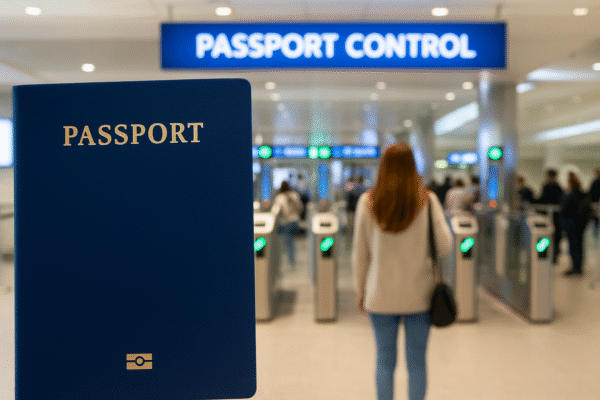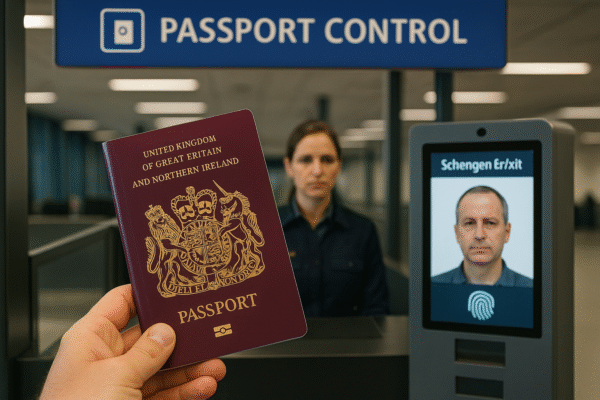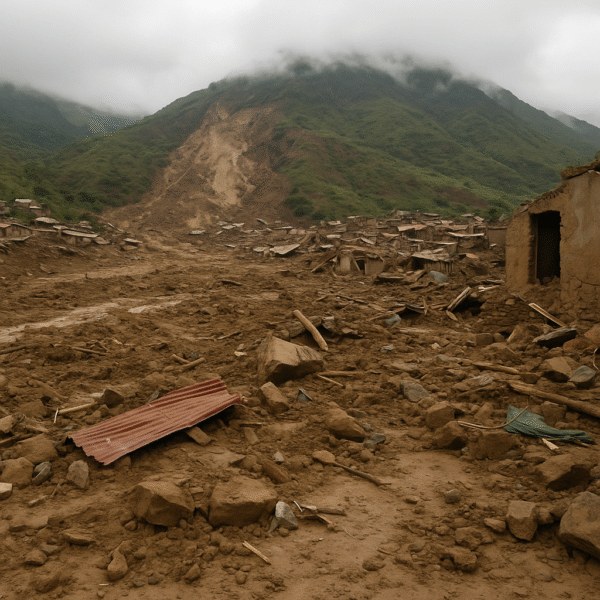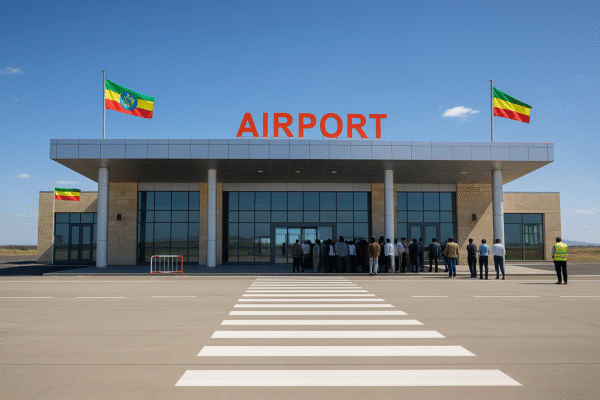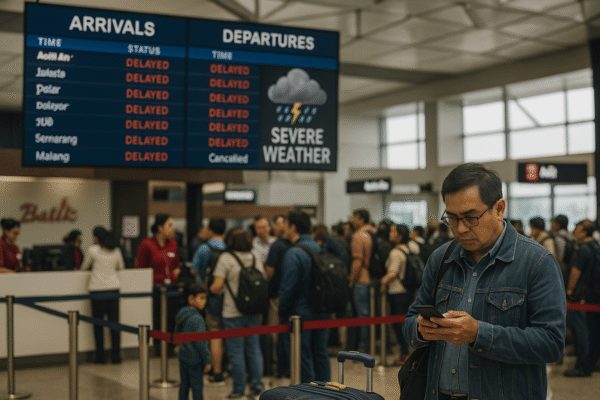Indonesia’s skies are in turmoil as a fierce storm system disrupts air travel across the nation, inflicting serious operational challenges for several carriers, most notably Batik Air. Today, travellers across Jakarta, Yogyakarta, and Surabaya, among others, experienced extensive delays and cancellations, casting a shadow over domestic and international tourism.
Weather Sparks Travel Chaos
A powerful weather front unleashed torrential monsoon rains and drastically reduced visibility across the archipelago. The resulting poor flight conditions forced major airports, such as Jakarta’s Soekarno-Hatta International Airport (CGK), Yogyakarta International (YIA), and Juanda International in Surabaya (SUB), into full-scale operational disruptions. These conditions caught airlines off guard, leading to widespread flight delays and cancellations that left thousands of passengers stranded.
Delays and Cancellations Mount—Batik Air Most Severely Hit
Jakarta’s CGK airport alone tallied 149 flight delays and 8 cancellations as of early afternoon. Among the airlines affected, Batik Air bore the brunt—canceling 8 flights (about 4% of its schedule) and delaying 34 flights (21%) across its domestic network. This starkly highlights how weather can cripple airline operations in a short span.
Airports Under Strain
Long queues and overcrowding have become the norm at impacted airport terminals. At CGK, check-in areas, airline desks, and baggage zones are congested, as passengers scramble to navigate rebooking options and seek clarity on revised schedules. Airport authorities emphasize the situation remains fluid, warning that disruptions could stretch over the next 24 to 48 hours.
At-Risk Routes
The affected routes form Indonesia’s vital air travel spine, linking the capital to cultural, economic, and leisure destinations. Here’s a snapshot of the most disrupted corridors:
- Jakarta ↔ Yogyakarta – A high-demand route for both tourists and business travellers.
- Jakarta ↔ Surabaya – Another key domestic artery, now mired in uncertainty.
- Other affected links include flights to and from Pangkalan Bun (Iskandar), Malang (Abdul Rachman Saleh), and Semarang (Ahmad Yani International).
On the ground, hundreds of stranded travellers across these routes are seeking flexibility and assistance to salvage their journey.
What Passengers Should Do Now
If your travel plans involve Batik Air, here’s how to stay ahead of the chaos:
- Track Flight Status Constantly
Stay logged into the airline’s website or mobile app. Updated information on cancellations or delays arrives quickly amid these conditions. - Watch for Official Alerts
Notifications may come via email, SMS, or app alerts. Confirm whether the change affects your itinerary. - Seek Help at the Airport
If already on-site, head to Batik Air’s counter. Staff are coordinating rebookings and options for affected flights. - Reach Out Digitally if Remote
Use the airline’s hotline or chat tools. Be ready with your flight and booking information. - Ask About Compensation or Aid
Airlines may offer support like meals, hotel stays, or alternate transport—especially when delays arise from uncontrollable disruptions like weather.
Broader Airline Landscape
Batik Air has emerged as one of the most affected carriers today, but it’s far from alone:
- Indonesia AirAsia, Garuda Indonesia, Lion Air, Scoot, Saudia, Oman Air and others have reported significant flight delays, with percentages ranging from 9% to 30%.
This underscores that no airline operating today is immune to the storm’s impact.
Lessons for Travellers and Tourism Stakeholders
The chaos triggered by severe weather serves as a stark reminder that Indonesia’s tourism sector must brace for rapid changes. Seasoned travellers, especially those flying to or from domestic hubs, should:
- Prioritize flexible tickets or travel insurance.
- Expect possible delays during monsoon or storm seasons.
- Monitor conditions via reliable local sources and be ready to adjust plans at short notice.
Looking Ahead
Meteorological reports suggest these weather disturbances may persist into the coming days. The evolving situation means airports and airlines will likely continue adapting schedules and passenger support services. Travellers planning to fly soon should maintain an agile approach to their logistics and bookings.
This widespread disruption highlights more than just immediate inconvenience—it illustrates how swiftly infrastructure and operations around Indonesia’s vital tourism and business corridors can be impacted by natural forces.
Final Thoughts
Today’s severe weather event has delivered a sobering blow to Indonesian aviation, with Batik Air’s cancellations and delays offering just one example of the broader turmoil. For travellers, adaptability, preparedness, and proactive engagement with airline services are more critical than ever.
For more travel news like this, keep reading Global Travel Wire


